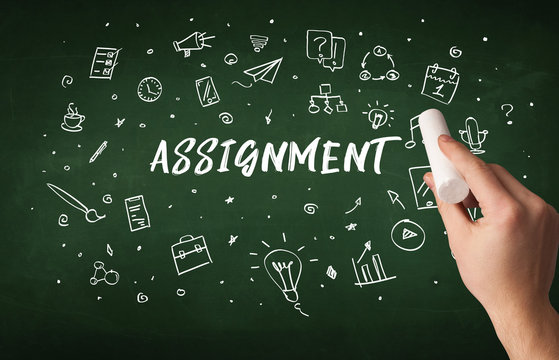Early childhood education plays a crucial role in the development of young minds. The formative years of a child’s life lay the foundation for their future academic and social success. The United States recognizes the importance of early childhood education, One such program that has gained recognition for its innovative approach to early childhood education is Irvin Pre-K in the USA. Irving Pre-K understands that children learn best when they are engaged and having fun. That’s why their curriculum is centered around playful learning, where children are encouraged to learn through play and exploration.
The Importance of Playful Learning
Playful learning is a term used to describe the use of play-based activities in early childhood education. Research has shown that children learn best through play-based activities, which allow them to use their creativity, imagination, and problem-solving skills. Playful learning is an essential component of many pre-K programs in the USA, including Irving Pre-K.
According to a study by the American Academy of Pediatrics: Play allows children to use their creativity while developing their imagination, dexterity, and physical, cognitive, and emotional strength.” Play-based learning is also associated with better academic outcomes. A study by the University of Cambridge found that children who attend preschool programs that use a play-based approach to learning are more likely to have higher cognitive scores and be more socially adjusted by age 7.
The benefits of playful learning have been highlighted by many experts in the field of early childhood education. Dr. Kathy Hirsh-Paek, a developmental psychologist and co-author of the book “Becoming Brilliant,” explains that “play is not frivolous. It is not just something that we do when we have extra time on our hands. It is a central part of human nature, and it is the way we learn.”
Playful learning allows young children to learn by doing, which is crucial for their development. Play-based activities encourage children to be active participants in their learning and to explore their surroundings in a safe and structured environment. It also allows children to develop their social and emotional skills by learning to share, take turns, and work together with their peers.
In addition to academic and social benefits, playful learning also has significant health benefits for young children. According to the World Health Organization, regular physical activity is essential for children’s healthy growth and development, and play-based activities provide an excellent opportunity for children to be physically active.
Play-Based Learning at Irving Pre-K
Irvin Pre-K is committed to providing a high-quality early childhood education program that incorporates play-based learning. Play-based learning is a cornerstone of the program, as it allows children to explore, learn, and grow in a safe and structured environment.
At Irvin Pre-K, play-based learning takes many forms. For example, children are encouraged to use blocks, puzzles, and other toys to develop their problem-solving and fine motor skills. Teachers also incorporate dramatic play, where children can engage in role-playing activities and use their imaginations to create stories and scenarios.
According to the National Association for the Education of Young Children, play-based learning has many benefits for young children, including:
Encouraging creativity and imagination. Building problem-solving and critical thinking skills. Developing social and emotional skills, such as empathy and communication. Improving physical development, such as hand-eye coordination and fine motor skills. Enhancing cognitive development, such as memory and language skills.
Research has also shown that play-based learning is particularly effective for children from disadvantaged backgrounds, who may not have access to the same resources and opportunities as their peers. A study by the Robert Wood Johnson Foundation found that children who attend high-quality early childhood education programs with a play-based approach have better academic outcomes and are more likely to graduate from high school and attend college.
At Irving Pre-K, teachers work to create a safe and structured environment that encourages play-based learning. They create learning centers that allow children to explore different themes and topics, and they provide ample opportunities for children to engage in free play, where they can choose their activities and explore at their own pace.
Success Stories:
At Irvin Pre-K, play-based learning has been a key factor in the success stories of many of its students. Through play, children are able to learn and develop skills that they will carry with them throughout their lives. Here are just a few examples of success stories from Irvin Pre-K.
One student: who struggled with social skills and was hesitant to interact with other children, began to come out of their shell after engaging in dramatic play activities. By pretending to be different characters and playing out different scenarios, they were able to develop their communication skills and build confidence in their interactions with others.
A third student: who came from a low-income family and had limited access to educational resources at home, thrived in the play-based learning environment at Irvin Pre-K. Through creative play and exploration, they were able to develop a love of learning that continued throughout their academic career. These success stories highlight the importance of play-based learning in early childhood education.
Conclusion:
In conclusion, play-based learning is a powerful tool for early childhood education, and Irving Pre-K is a shining example of how play-based learning can help children develop the skills they need to succeed in school and in life. Through play, children are able to develop their cognitive, social, emotional, and physical skills in a fun and engaging way. Research has shown that play-based learning can improve cognitive and language development, as well as social and emotional skills, particularly in children from low-income families.





